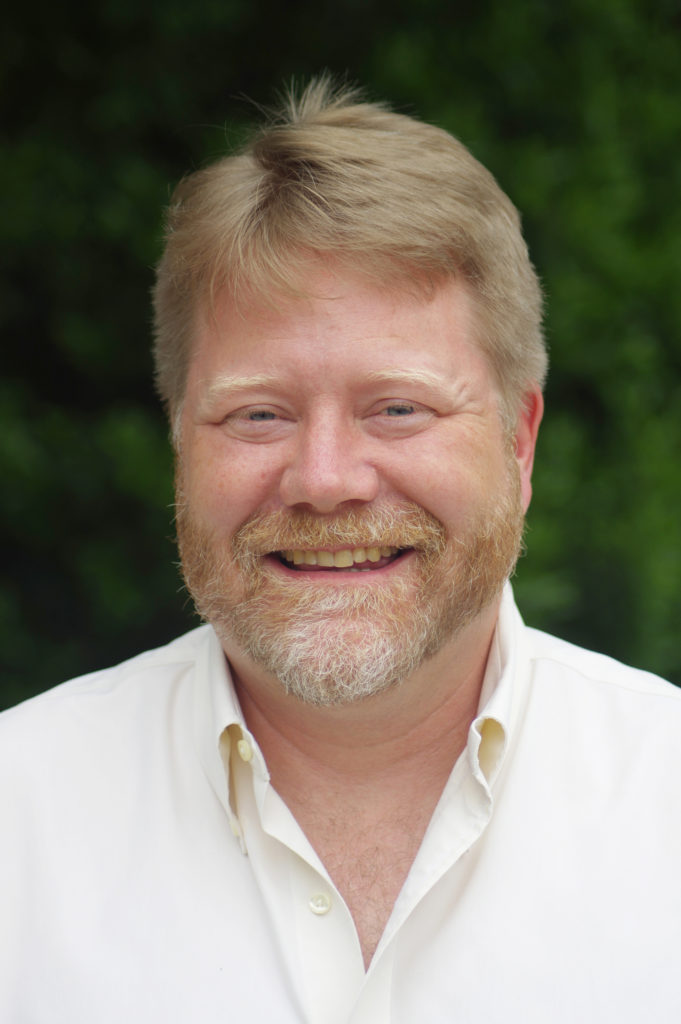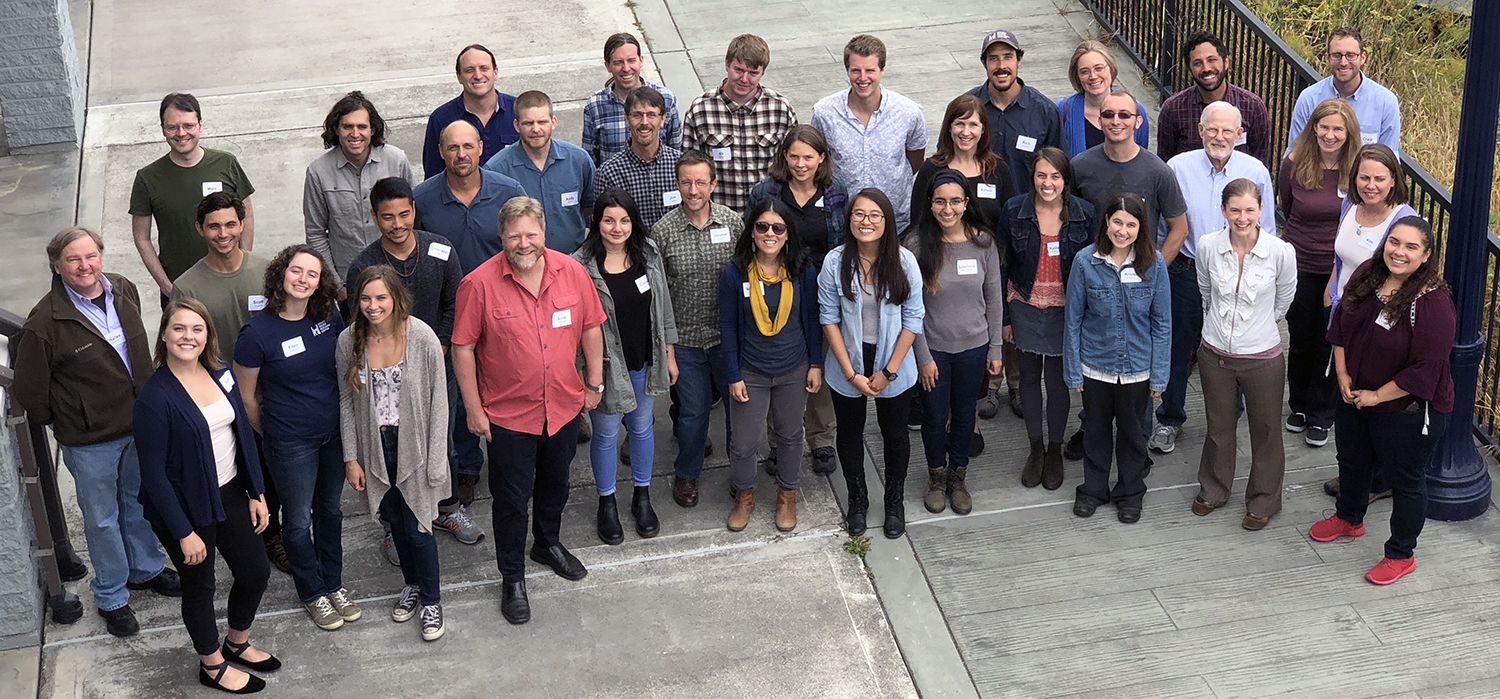
The Camp Fire in Butte County has been the most damaging wildfire in California history. Hurricanes, wildfires, cyclones, floods, and heat waves are taking a heavy toll on communities around the globe. While no single weather event can be linked directly to climate change, weather disasters as a whole are expected to become increasingly common and destructive as climate change progresses.
The Intergovernmental Panel on Climate Change’s (IPCC) recent special report on the prospect of limiting climate change to a 1.5°C global average temperature rise relative to pre-industrial conditions indicates that global net human-caused greenhouse gas emissions need to decline before 2030 by about 45% relative to 2010 levels. It is imperative that we do all we can to make progress toward this goal given the expected damages associated with a failure to do so. Simultaneously, given the climate disruption that is already baked into the system, actions to reduce vulnerability and increase resilience to climate damages are also needed.
Our work at the Schatz Center is strongly motivated by these challenges. Our renewable energy microgrid work combines efforts to integrate more solar power into the electrical grid while increasing resilience for critical infrastructure including emergency response centers, fuel stations, airports, and Coast Guard facilities. Likewise, our upcoming feasibility analysis of offshore wind development along California’s northern coast will explore a large potential new clean energy resource for our state. Through these and other efforts, we continue to promote clean and renewable energy and to otherwise take measures to address global climate change.
Measures to address climate change will be most effective if they are crafted by diverse teams from all walks of life. Over the past six months, we have been doing some introspective work at the Center related to staff diversity and an inclusive work environment. We held an all-day retreat in August that focused on these topics, and we have begun implementing measures identified at the retreat and subsequent staff and subcommittee meetings. As we work to make progress, I appreciate the thoughtfulness and initiative that our team has brought to the table. We are committed for the long haul when it comes to making a positive difference regarding diversity and inclusion. The successes that we achieve will make us a stronger and more effective organization.
I will close by welcoming Carisse Geronimo and Grishma Raj Dahal to the Schatz Center. Both are graduate students in the Energy Technology and Policy (ETaP) master’s program, and they joined us in August. Carisse is the first recipient of the Donald and Andrea Tuttle Fellowship for Clean Energy Studies. She is working with Dr. Sintana Vergara and other Schatz Center colleagues on biomass energy, waste management, and associated opportunities to reduce greenhouse gas pollution. Grishma, who received the Schatz Energy Fellowship, is working with our off-grid energy access team on research related to off-grid solar power. We are very glad to have them on our team.
Happy winter holidays, and goodbye until next time.
~ Arne














